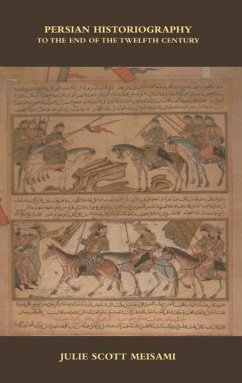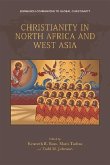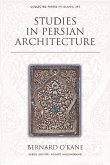Winner of the 1999 British-Kuwait Friendship Society Prize in Middle Eastern Studies. Described by the BKFS reviewer as "e;A ground-breaking work on a subject that has been almost totally neglected."e;"e;Why write history in Persian?"e; Persian historical writing has received little attention as compared with Arabic, especially as seen in the early (pre-Mongol) period. Within the larger context of the development of Islamic historiography from the tenth through the twelfth centuries, the case of Persian historical writing demands special attention. Discussions tend to concentrate on its sources in pre-Islamic Persian and in Arabic works, while the reasons for its emergence, its connections with Iranian and Arabic models, its political and cultural functions, and its reception, have been virtually ignored. This study answers these questions and addresses issues relating to the motivation for writing the works in question; its purpose; the role of the author, patrons and audiences; the choice of language and the reasons for that choice; the place of historical writing in the broader debate over the suitability of Persian for scholarly writing.
Dieser Download kann aus rechtlichen Gründen nur mit Rechnungsadresse in A, B, BG, CY, CZ, D, DK, EW, E, FIN, F, GR, HR, H, IRL, I, LT, L, LR, M, NL, PL, P, R, S, SLO, SK ausgeliefert werden.









